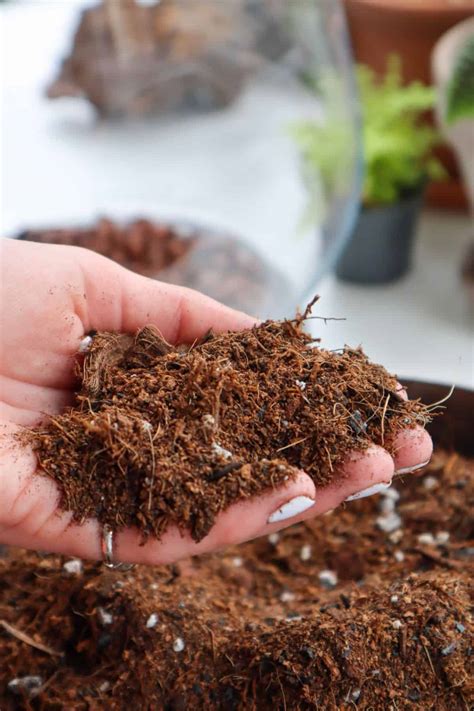Introduction

Providing your furry companion with a comfortable and cozy sleeping space is essential for their well-being. Sewing and stitching a custom dog bed is a rewarding project that can save you money while tailoring the bed to your dog’s specific needs and preferences. This comprehensive guide will walk you through the entire process, from selecting the right materials to mastering the sewing techniques.
Chapter 1: Choosing Materials
Fabrics:
- Cotton: Soft, breathable, and absorbent
- Fleece: Warm, durable, and machine-washable
- Canvas: Durable, water-resistant, and suitable for outdoor use
- Waterproof fabrics: Protect against moisture and accidents
Fillings:
- Memory foam: Conforms to the dog’s body, providing orthopedic support
- Shredded foam: Less expensive and provides a plush, cozy feel
- Polyfill: Lightweight, hypoallergenic, and easily washable
Other Essentials:
- Sewing machine
- Fabric scissors
- Measuring tape
- Iron and ironing board
- Zipper (if desired)
Chapter 2: Basic Sewing Techniques
Running Stitch:
- The most common stitch used for sewing dog beds
- Creates a secure and durable seam
Backstitch:
- Reinforces seams and prevents unraveling
- Commonly used at the beginning and end of seams
Topstitch:
- Decorative stitch that adds a polished finish to the bed
- Reinforces seams and prevents fabric from fraying
Chapter 3: Sewing Instructions for Different Styles
Rectangular Dog Bed:
- Measure and cut the fabric pieces
- Sew the sides and bottom of the bed together
- Insert the filling and sew the top of the bed together
- Optional: Add a zipper for easy cleaning
Round Dog Bed:
- Cut a circle for the top and bottom of the bed
- Gather the edges and sew them together
- Insert the filling and sew the edges closed
- Add a gusset (optional) to create a more rounded shape
Orthopedic Dog Bed:
- Cut a large piece of memory foam for the base
- Sew a cover using a durable fabric
- Add bolsters for extra support and comfort
- Ensure the bed is large enough to accommodate the dog’s size
Chapter 4: Tips and Tricks
- Measure your dog carefully to ensure a perfect fit.
- Use high-quality materials to ensure durability and comfort.
- Double-stitch seams for added strength.
- Reinforce corners to prevent tearing.
- Personalize the bed with embroidery or applique.
Chapter 5: Patterns for Different Sizes and Styles
- Small Dog Bed Pattern: Suitable for dogs weighing up to 25 pounds
- Medium Dog Bed Pattern: Suitable for dogs weighing between 25 and 50 pounds
- Large Dog Bed Pattern: Suitable for dogs weighing over 50 pounds
- Orthopedic Dog Bed Pattern: Includes detailed instructions for creating a bed with therapeutic benefits
Conclusion
Sewing and stitching a dog bed is a fulfilling project that can provide your beloved pet with a comfortable and cozy sleeping space. By following the instructions and tips outlined in this guide, you can create a custom bed that meets your dog’s specific needs. Whether you’re a novice sewer or an experienced craftsman, the joy of providing your furry friend with a handmade masterpiece is priceless.





















